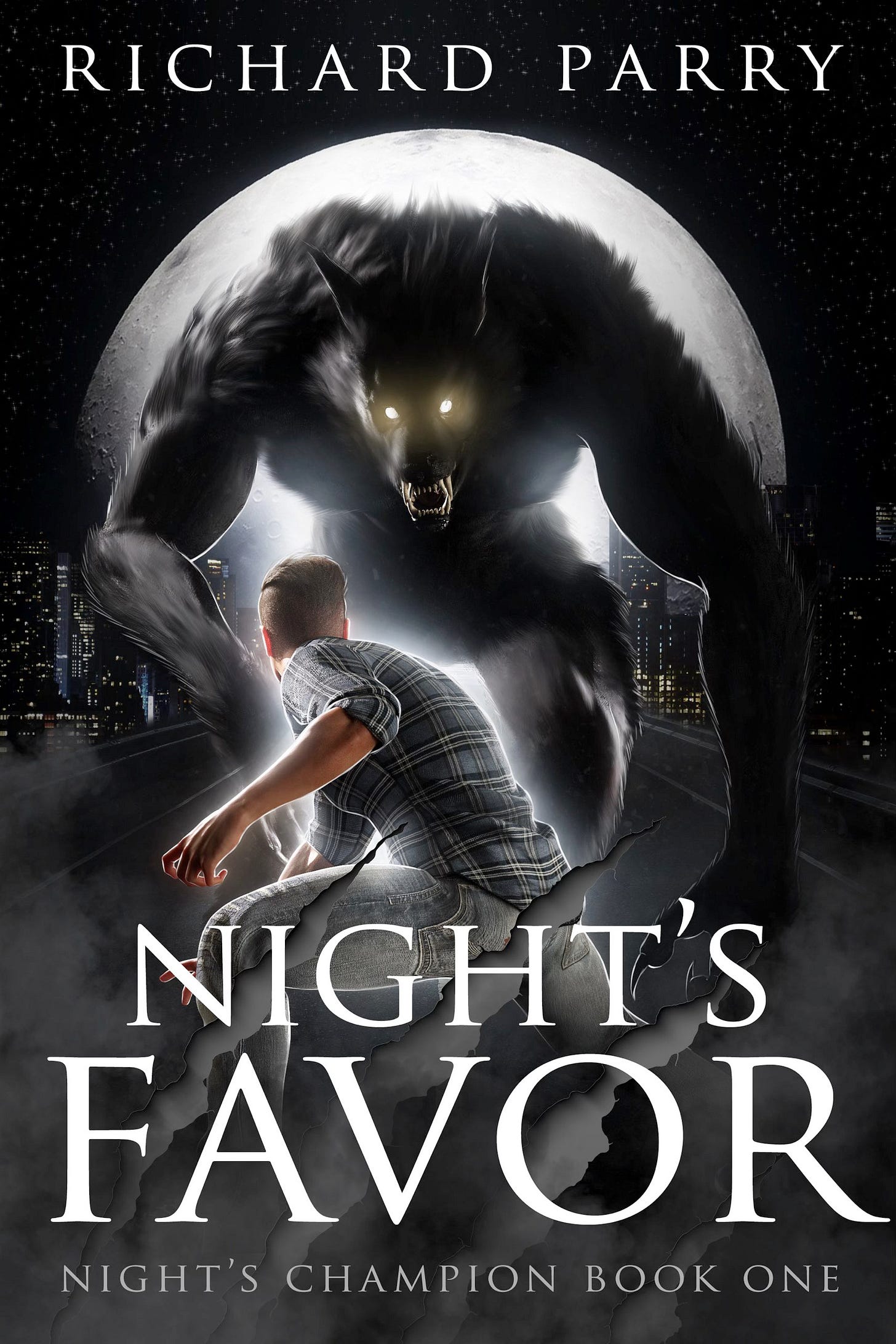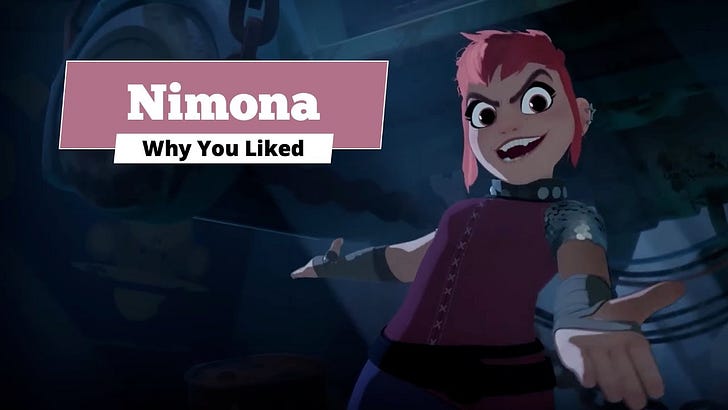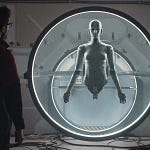There are many things so bad they’re good. Vegemite. All-night benders. Friday by Rebecca Black. And objectively ridiculous movies with that one damn character you absolutely love.
The Loveable Lunkhead
So, what makes these movies work? It’s not just about bad calls or cheesy effects. It’s about a very specific type of hero. I’m calling them: The Loveable Lunkhead.
Definitions are important. Loveable lunkheads aren’t just people who make bad calls. They’re the embodiment of the chaotic good manifesto: doing the right thing, in the wrong way. Sure, they’re good with the one-liners, competent in a fight, and hate authority more than you do... but what they’re really good at is sticking the landing on a plane they’ve broken themselves.
Today, I’m looking at three perfect examples: a sarcastic convict, a pair of world leaders, and a zombie-killing dad to figure out why this archetype makes B-movies so unforgettable.
The Archetype: Lockout
Let’s start with the absolute epitome of the trope: Guy Pearce as Snow in 2012’s sci-fi actioner, Lockout.
Snow is a hard man to watch. But he’s never quite so harmful as when he’s harming himself. There’s a scene early on where he’s captured, supposedly by the good guys. A bruiser the size of an F-150 is working him over. And Snow... he could make the right call. He could tell them what they need to know, then go back to his life (or his cell), but at least with all his teeth.
Instead, he antagonises the guy. It shows us just how annoying he must be 24/7, but also, how he’s the right man for an impossible job. He isn’t a quitter. For Snow, pain is momentary. Getting one over on The Man™? That’s forever, and it’s beautiful.
Pearce’s performance and the film’s 80s action movie energy are inseparable. Directors James Mather and Steve Saint Leger cast the perfect man for a movie that feels like a throwback to a time when your action star just needed to look like they could crack walnuts with their biceps.
Pearce embraces this script wholeheartedly, showing us that maybe the then 45-year-old actor was just born in the wrong decade. We’re charmed by his relentless drive to just piss people off. It’s his defence mechanism. Snow isn’t a man who hates everyone—just almost everyone. He feels responsible for Mace, the ultimate McGuffin-turned-person, and through his arc, we see he’s concrete on the outside, but with a softer, chewy centre. Maggie Grace’s Emily is along for the ride, showing us that pivotal moment when the 80s became the 90s and women in action movies could kick ass, too. She’s not a damsel to be rescued. She’s got problems of her own to solve, and while her status and privilege are weaponised against her, she’s more interested in punch-driving Snow into making the right call.
The film works so well because it allows Pearce’s impenetrable nature to be, well, penetrated. When Snow lets Emily in, it’s a turning point where antagonism becomes an earned respect. We want them to win together, and hope she can get over herself, just as much as we hope he can get over himself, too.
The Evolution: Heads of State
Next, let’s look at a modern twist on the formula, using two lunkheads for the price of one: Idris Elba and John Cena in Heads of State.
On paper, Heads of State looked like it was using the wrong guys for the job. Idris Elba is this charming, Bond-adjacent hero; we don’t expect to see him in a three-piece suit, dredging up his past to fight in the dirt. John Cena is an action-figure-ready hero; you don’t expect him to be the president, with layers, complexity, and pure motives.
It works because they both take a slight left step from their usual roles. Cena’s President Will is driven by his in-movie action hero past to rise to greater heights—a deft nod to other actors-turned-presidents, but with a higher benchpress score. Elba’s Prime Minister Sam isn’t afraid to go bare-knuckle; his cultured charm is exactly three millimetres thin, and the wolf inside is already smiling about what’s to come. There’s a clear professional courtesy between the actors here, a powerful agreement where we get to see Elba’s Sam and Cena’s Will at their best and their worst.
What we get between the wisecracks is two men driven by purpose. They both want to use their strength to heal the world, just in different ways. And yes, both Sam and Will are stubborn as all hell. But we see two paths to success, born from a simple difference: Sam doesn’t care what people think of him, and Will cares deeply. It gives us the blood offering versus the hustling charmer. They are just what we want from our leaders: self-sacrificing servants of a higher purpose. We see ourselves in them.
The Heart: Army of the Dead
Finally, let’s talk about the lunkhead with the most heart: Dave Bautista as Scott Ward in Army of the Dead.
Bautista’s Scott Ward is a man who’s seen. Some. SHIT. For him, the war on zombies is personal. We get that rare flashback vignette of Ward at home, seeing the moment someone in his family turned, ending his world.
We’re shown how Zack Snyder’s zombie world works mechanically, but this character work from Bautista lets us feel what it’s like to live in it. Ward’s lost purpose is his family. His ledger is drenched in red, and he believes the only path to salvation is a suicide job through Vegas. He’s not a big thinker; his motivations are pure emotion, a mark of self-sacrifice any parent can understand.
And… we’re surprised seeing Bautista as Ward. As Drax, he’s the straight man for irony. As JJ in My Spy, he’s the driven professional. But as Ward, he’s the emotional superhero—a man who’s lost and is unafraid of losing more, if it’ll just buy him the one thing he needs: his daughter’s love.
It’s a shift for a man who came to fame as a wrestler, showing a deft hand at bringing a character to life. It’s well done... almost unbelievably so in a movie that is, unapologetically, a zombie action flick.
Why We Love the Lunkhead
Which brings us full circle: why do we love our lunkheads? Because they’re given a strength we lack to do the things we want to do. So often, we have to be politically astute, avoid burning bridges, and play nice with people who are plain ol’ pieces of shit.
Our lunkheads don’t. They call out truth to power and wade through the miasma of life for simple, effective solutions. And it doesn’t hurt that there’s a body count of the unjust in their wake. We crave that catharsis.
But you can’t just have a hammer. Hammers are boring. The crucial element is their surprising depth. We want our simple-sounding heroes to get the things that are most important: friendship, family, doing the right thing. We want a hammer that’s got a core of Barbie pink, a radicalised view on what’s right—a proclamation that our problem-solvers are action heroes, sure, but ones who are keenly aware of their own humanity.
We can probably agree these movies won’t be getting an Oscar. What they are getting is a following of fans who remember how their Friday night movie made them laugh or feel in an unexpected way. It shows that you don’t always need complexity. Sometimes, the most entertaining journey is led by a charismatic force of nature: a loveable lunkhead who just gets the job done.
What’s your favourite throwback film to the 80s, and who’s the action-ready Silverback at the heart of it? Let me know in the comments below. And if you were surprised at Cena having a very British vinegar on his fish and chips, click Like. And thanks for watching!












